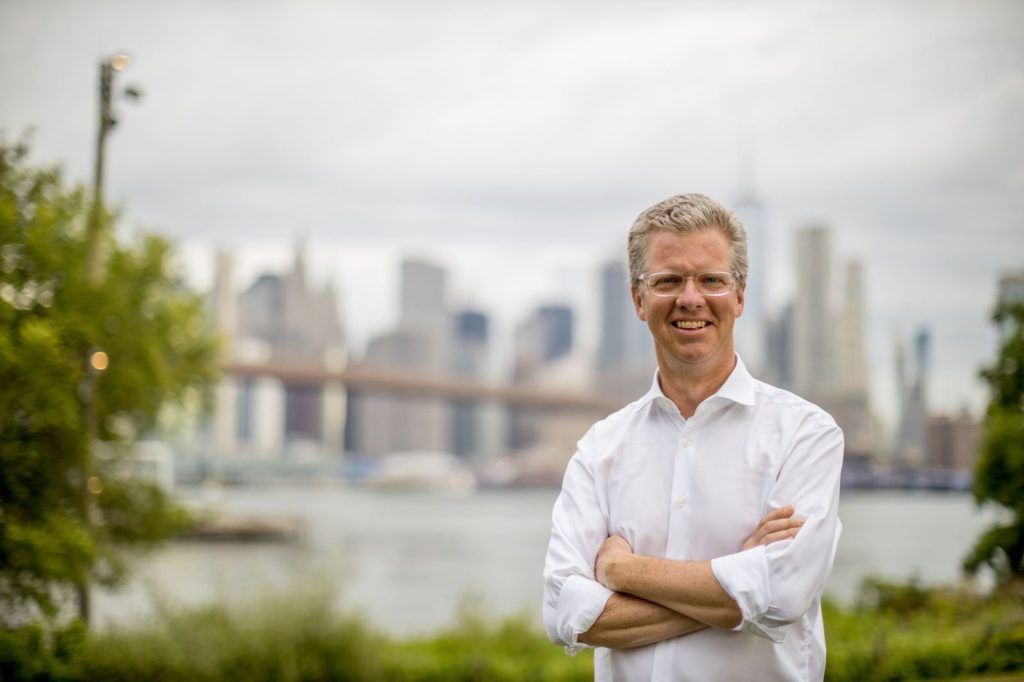Opinions & observations: Unconventional solutions to mental health, overdose challenges amid pandemic crisis

For decades, the city has been battling with growing mental illness and substance abuse crises, which the pandemic has only magnified. In recent months, our mental health is declining and overdoses across the city are rising. I’ve personally seen the toll that these conditions can take on families and communities. My experience isn’t unique. Most New Yorkers know someone who struggles with substance abuse or mental health challenges, if not both.
To overcome these, we need to move beyond conventional solutions and adopt innovative strategies that focus investments where they’ll have the greatest impact. In my experience leading our nation’s response to homelessness under President Obama, as well as emergencies like the housing crisis, Hurricane Sandy, and the Ebola outbreak, I’ve witnessed the trauma crisis can bring, but also the impact government can have when it pursues creative, forward-thinking solutions like the ones our city needs today.
In rebuilding our health, we must start by establishing the city’s first Safe Use Community Centers, taking substance abuse off the streets and making treatment options more accessible. Similar centers outside the US have been shown to lower drug-related deaths, ambulance calls and HIV infections, all without increasing crime, injection drug use or return to use.

Brooklyn Boro
View MoreNew York City’s most populous borough, Brooklyn, is home to nearly 2.6 million residents. If Brooklyn were an independent city it would be the fourth largest city in the United States. While Brooklyn has become the epitome of ‘cool and hip’ in recent years, for those that were born here, raised families here and improved communities over the years, Brooklyn has never been ‘uncool’.